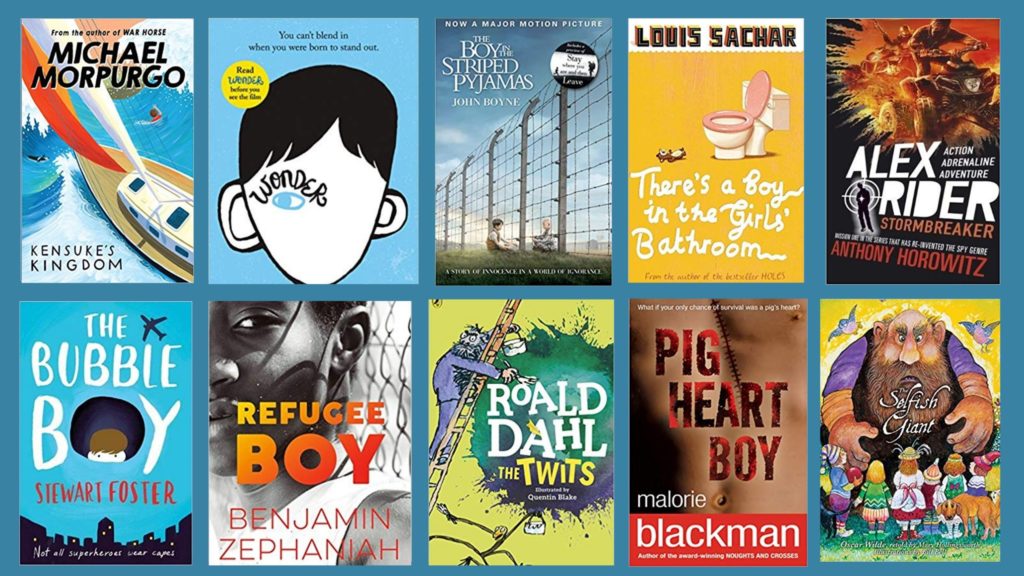Developing expertise

Written by Mary Myatt
‘True intuitive expertise is learned from prolonged experience with good feedback on mistakes.’
Daniel Kahneman.If we are serious about the curriculum, we need to think about how pupils develop expertise. There is a paradox to this and it links to mastery – if we are expert at something or have mastered something, the conundrum is that we realise how much there still is to know and understand. At its heart, expertise is knowing something really well; the nuts and bolts and are able to show this in different contexts.
This will look different for different age groups, but underpinning expertise will be pupils’ ability to describe the key elements of what they have learnt, in their own words, and to show how this can be applied in different contexts. A child in Key Stage 1 will be an expert in story-telling if they are creating stories using their own ideas, with correct spellings, punctuation and grammar. It will be recognisably individual to them, rather than something which has been heavily scaffolded and similar to every other piece of work in the class. This doesn’t happen overnight, and scaffolding will need to be in place at the early stages, but these should be removed as soon as possible so that the child’s own unique take on the subject can emerge.
If every child in the class is producing work which is remarkably similar and if they are not able to articulate what they have learnt in their own words and in their writing, then it is unlikely that they have developed in that topic. They are likely to be parroting back what the teacher has said and completing identical worksheets or closed writing frames, which mask the limitation of what they know. At a superficial glance, it might appear that they have ‘got it’, but a brief conversation with them will reveal whether this is the case or not. And quite often it isn’t. Too many children, when asked what they are doing in a lesson and why they are doing it, are not sure. Their eyes swivel back to the board and the learning objectives, which they repeat back, word for word. When this happens and they are not able to describe what they are doing and why, in their own words, they are not in the process of developing expertise.
Developing expertise is messy. Not every child will do it the same way. The unique products, namely what children say and write, are the ways in which teachers find out whether they have really understood. This applies whether it is the basic nuts and bolts of spelling, punctuation and grammar or explaining their working-out in Maths, writing an account of rainforests in geography or a piece of creative writing in English. The difference between superficial and deep learning is an important one; it can appear as though a child has produced a lot of work, but it is possible that they are completing the tasks set rather than being shown how they can be deeply learnt.
The route to deep learning and expertise is, to quote Tim Oates, fewer things in greater depth . When the curriculum is offered in this way, without an overload of props and activities, we have the chance to get to deep learning and the development of expertise. When we produce too many resources or plan too many activities, these can become proxies for learning. It is possible to be convinced that learning has taken place because so much has happened. In fact, what has really happened is that plenty of activities have taken place and without the slower, tentative conversations about what the heart of the matter really is, this can create a false impression of busyness masquerading as learning. The text, the source material, the scientific artefacts and the Maths should have the limelight. It is tempting to dumb things down, to make them easy and accessible, but if every child is entitled to a rich and demanding curriculum, they need to be provided with and guided through the hard stuff.
If everything is easy, it is hard for learning to take place. Expertise comes through the struggle of not knowing everything, having sufficient support and making sense of it on our own terms. This is not about letting children flounder, it is rather about providing them with high-quality material and supporting them to get to grips with it and apply it in new settings. When starting something new, scaffolding needs to be there so that unnecessary time isn’t wasted, but if that scaffolding remains too long, it prevents deep learning and expertise from taking place. This is because it is easy to become reliant on the structures rather than dealing with the discomfort which comes from having a go and not getting it.
The second condition which needs to be in place is sufficient time. When something complicated is expected to be covered in one or two lessons, it is very unlikely that expertise can be developed. Without the longer periods, over time, it is unlikely that the deep, intellectual architecture can be developed. This deep space is like a bucket which holds the big ideas of the aspect of the curriculum which is being learnt. If this is done properly, it means that new knowledge can be added quickly. Without the deep work, the new knowledge floats around without any organising structure to it. So what might seem time-consuming at the start is actually an investment in time, so that when more detail and knowledge is added, it links to existing earlier knowledge, which is held together in the deep structure. For example, if we have paid enough attention to helping children understand new material, when they come to see new data and information about the subject, they are able to make sense of it and discuss it in the new context, because the connections have already been made.








Responses